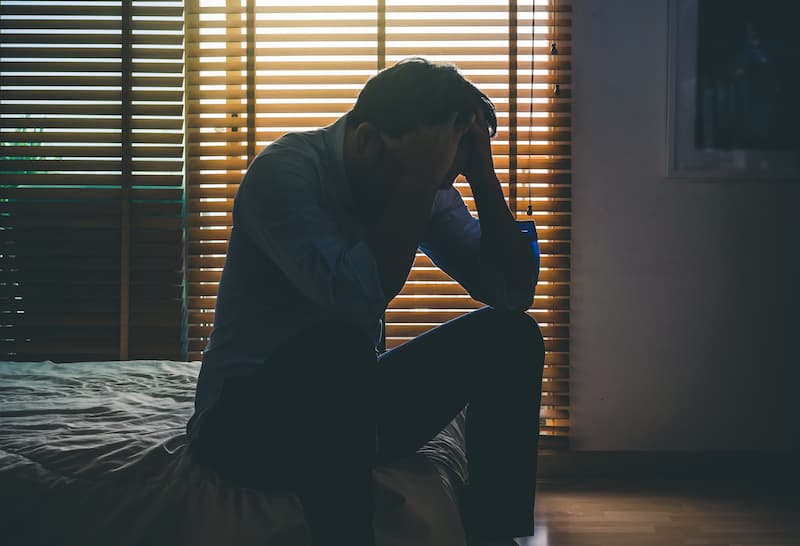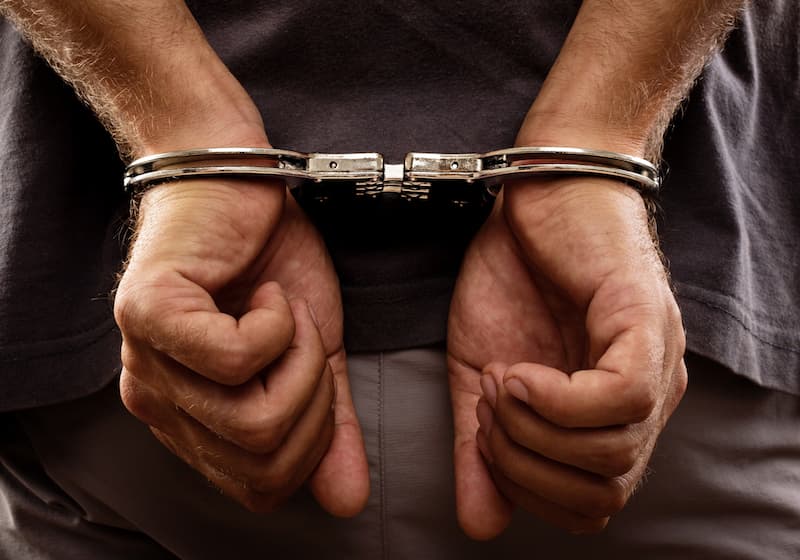Heroin Paraphernalia
Heroin can be injected, smoked, consumed orally, or snorted.1, 2 Different types of paraphernalia—such as spoons, syringes, pipes, or aluminum foil—are used for each method of administration.
If you find heroin paraphernalia in a loved one’s belongings, it’s important to look for other common signs and symptoms of heroin use. If you’re caught with heroin or heroin paraphernalia, you can face harsh consequences.
What Are Common Forms of Paraphernalia?
Most heroin paraphernalia involves household items. The most common forms of paraphernalia include the following:
- Small colored balloons and plastic baggies with torn corners are used to distribute heroin.1,2
- A spoon or bottle cap is generally used to liquefy heroin. A user combines heroin and a liquid (such as water) on the spoon and then heats or “cooks” it, often with a lighter flame. The burnt surface of the spoon or cap may turn black afterward.1,2
- Once liquefied, the user places a cotton ball or Q-tip into the liquid before it is drawn into the syringe through a hypodermic needle.1,2
- An object like a belt, shoelace, or cut rubber band is used as a tie-off for the arm to make the veins pop out so that the person can easily find an injection point.3
- A razor blade can also be used to cut up heroin prior to sniffing or smoking it.1
- If the user is going to inhale the smoke, they often use tin or aluminum foil as a surface to hold the drug while it is being heated. The heated foil would then become blackened or burned on one side.2
- A pipe made from household items like tin foil or emptied pens can be used to smoke heroin.2
- Straws may be cut up to inhale heroin and develop a yellowish tint or burn marks.3
Take note if you see any of these items in an out-of-the-ordinary location or with strange residue on them.
What Should I Do if I Find it?
If you find any of the paraphernalia listed above, it could be a sign that the person is using heroin. Other signs of heroin use include:
- Wearing long sleeves to cover needle (track) marks.
- Pinpoint/constricted pupils.
- Weight or appetite loss.
- Scratching arms or legs.
- Increased isolation.
- Nodding off or drowsiness.
- Changes in routine.
- Mood swings.
- Poor hygiene.2
Users may also resort to stealing personal and household items to buy more heroin, so missing items may be another sign that someone is using.3
It isn’t easy to approach someone about suspected drug use, but these tips can help:4
- Express your concerns and show support.
- Try not to lecture the person.
- Avoid emotional appeals, as guilt can lead people to want to use drugs even more.
- Don’t find ways to excuse the person’s behavior.
- Try to avoid being too argumentative; approach the subject calmly.
- Don’t take over their responsibilities, which prevents them from facing the consequences of their actions.
You may want to research treatment programs in case the person agrees to get help. In addition, educating yourself about addiction can help you understand the person’s behaviors. Try to avoid arguing with the person or owning the person’s problem by feeling responsible for their behavior.4
It can be easier to ignore the signs and symptoms, hoping they will go away. But getting addiction treatment early can allow your loved one to reduce the risk of long-term consequences, which can include legal problems, health problems, and even overdose and death.
What Happens if You’re Caught With It?
Heroin is a controlled substance and is regulated by the federal government. The DEA classifies heroin as a Schedule I drug.5 Under the Controlled Substances Act of 1970, all regulated substances are placed into 1 of 5 schedules, with Schedule I drugs having the highest potential for abuse and harm.6 A person caught with heroin may spend time in jail and pay a fine.7
In many states, it is illegal to possess anything that allows you to prepare or ingest a controlled substance. This can extend to anything that allows you to make or conceal the drug, as well as selling paraphernalia. Penalties can include a fine, probation, drug testing, or jail time.
The laws vary by state. For example, in California, it is not illegal to possess hypodermic needles or syringes for personal use if the person got them from a legal source such as a pharmacy or needle exchange program. However, it is illegal in California to possess an opium pipe or any other device used to unlawfully smoke or inject a controlled substance.8
Charges for possession are usually lighter than those for manufacturing or distributing paraphernalia, and federal laws focus more on the sale, import/export, or shipping of paraphernalia. If a person holds a professional license, such as a lawyer, teacher, or real estate agent, they may lose their license if they’re convicted of a federal crime.7
If you or your loved one is ready to get help for heroin addiction, there are a number of different options for treatment, including inpatient, outpatient, and 12-step programs. If you don’t have insurance or are in search of low-cost options, you can start with USA.gov, which provides a fairly comprehensive list of websites where you can find local and nationwide treatment facilities.
Sources
[1]. Center for Substance Abuse Research, University of Maryland. (2013). Heroin.
[2]. Tuscola County Community Drug Task Force. Opiate & Heroin Awareness Toolkit: A Prevention Guideline for our Community.
[3]. Reid Health. Heroin Paraphernalia.
[4]. National Council on Alcoholism and Drug Dependence. (2015). Helping a Family Member or Friend.
[5]. United States Drug Enforcement Administration. Drug Scheduling.
[6]. Pharmacy Times. (2007). An Overview and Update of the Controlled Substances Act of 1970.
[7]. Spu.edu. Summary of Federal and State Drug Laws.
[8]. California Department of Public Health, Office of AIDS. (2017). Fact sheet for syringe exchange programs and law enforcement. Non-prescription sale and provision of syringes.
Heroin Rehabilitation Directory
Select a state to learn more about your treatment options.- Alabama
- Alaska
- Arizona
- Arkansas
- California
- Colorado
- Connecticut
- Delaware
- District Of Columbia
- Florida
- Georgia
- Hawaii
- Idaho
- Illinois
- Indiana
- Iowa
- Kansas
- Kentucky
- Louisiana
- Maine
- Maryland
- Massachusetts
- Michigan
- Minnesota
- Mississippi
- Missouri
- Montana
- Nebraska
- Nevada
- New Hampshire
- New Jersey
- New Mexico
- New York
- North Carolina
- North Dakota
- Ohio
- Oklahoma
- Oregon
- Pennsylvania
- Rhode Island
- South Carolina
- South Dakota
- Tennessee
- Texas
- Utah
- Vermont
- Virginia
- Washington
- West Virginia
- Wisconsin
- Wyoming
Help for Heroin Addiction
Do you know someone suffering from heroin addiction? Help is available. To find out more, please choose the selection that applies to you or the person suffering from addiction:
Fill out the form below to be contacted.
Repair the damage and start fresh today!




